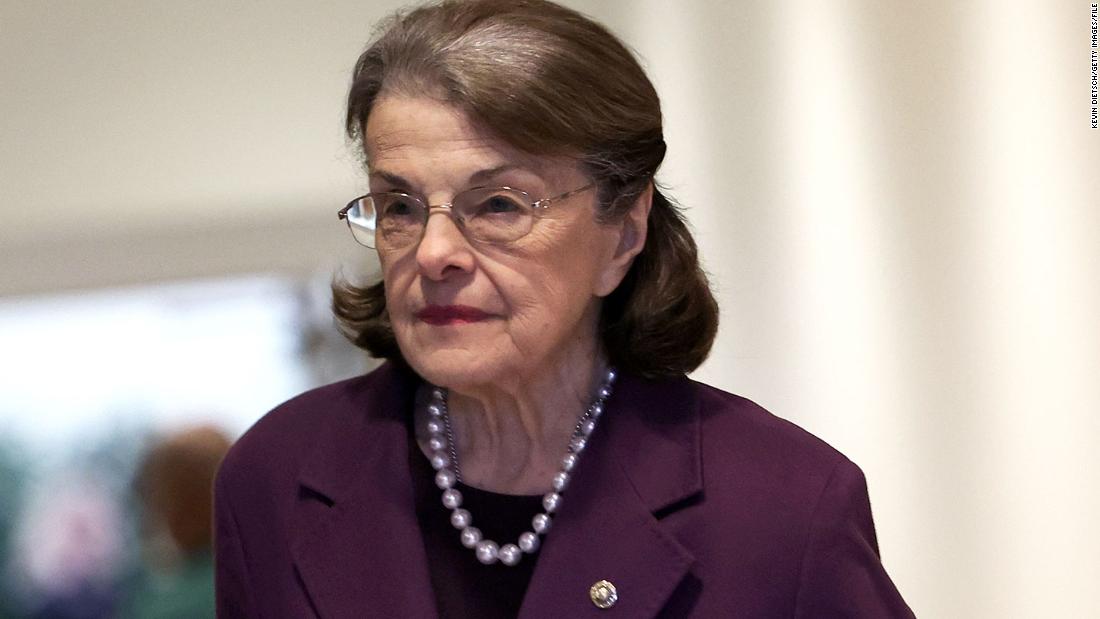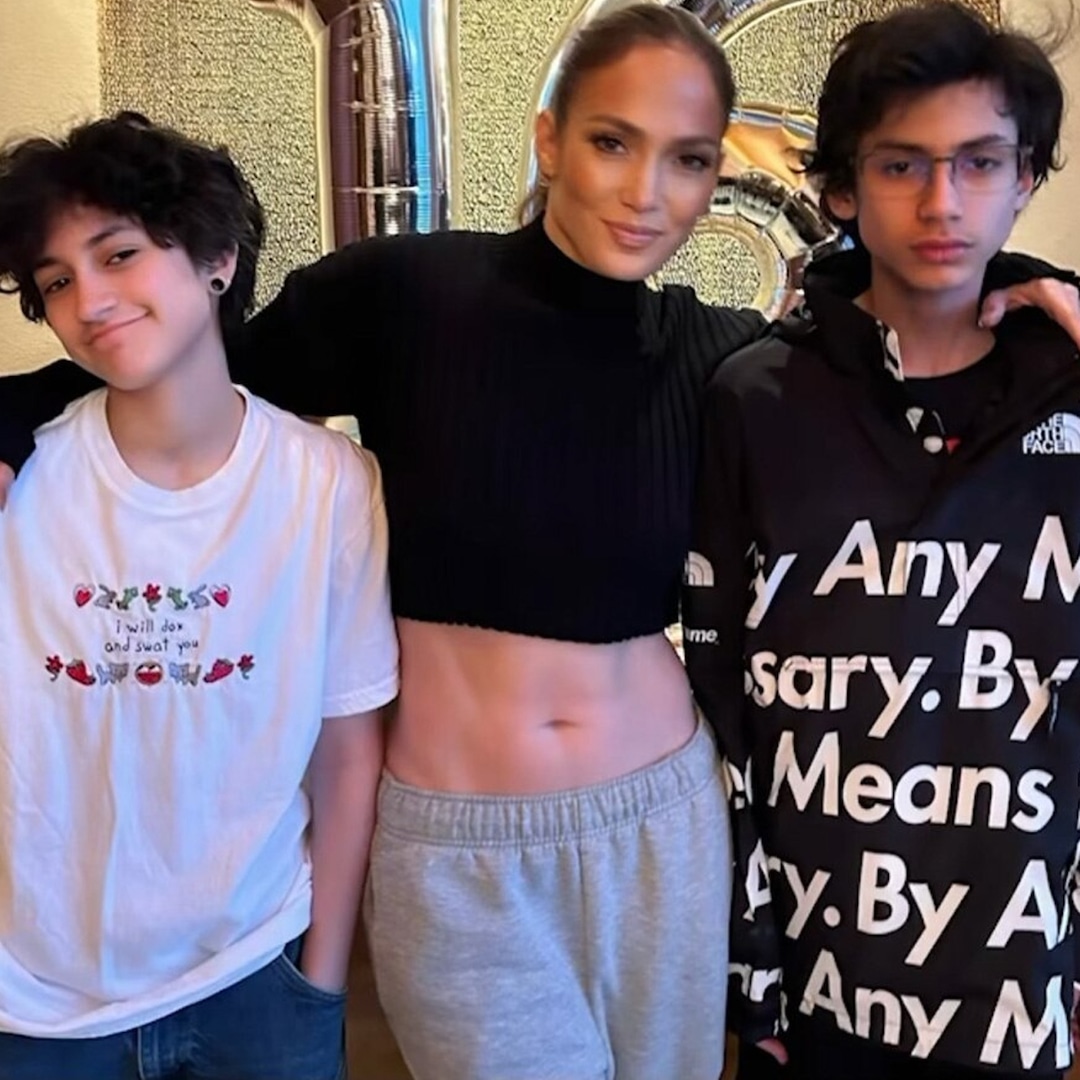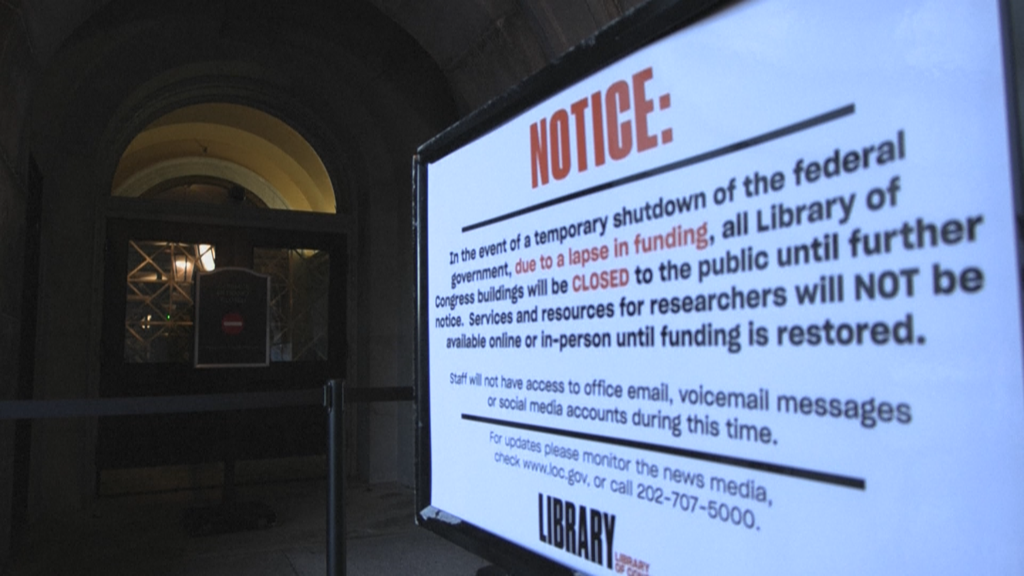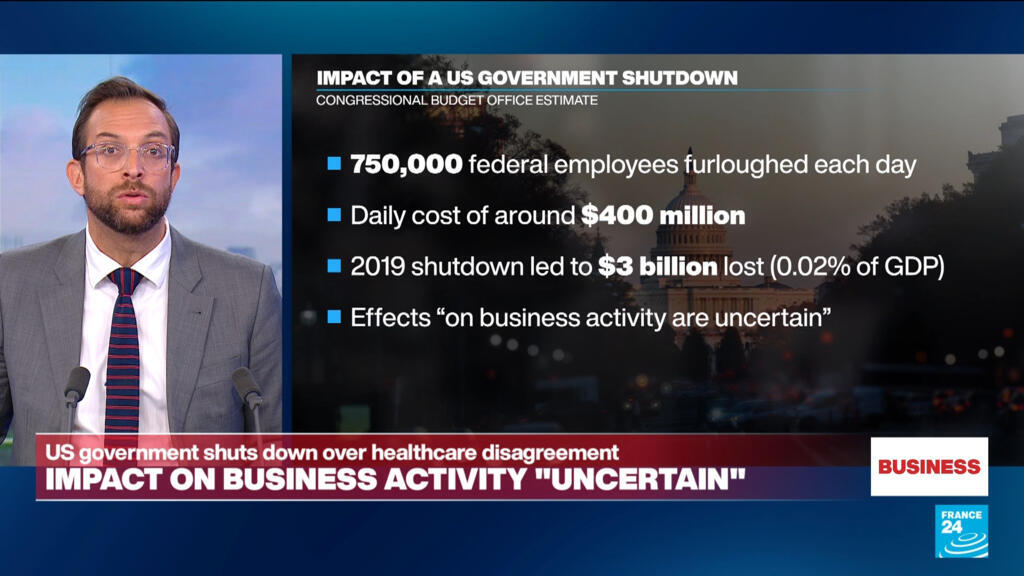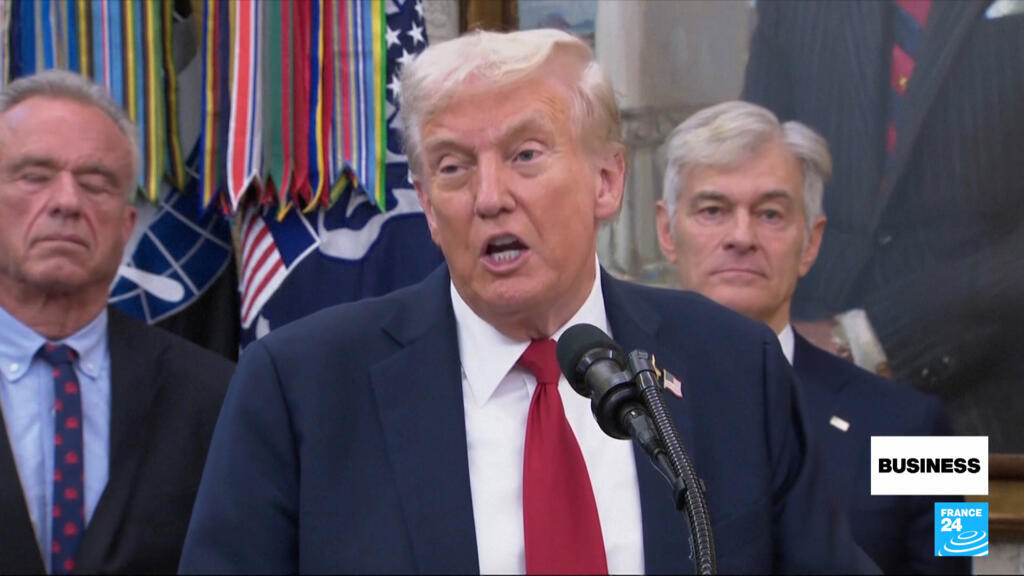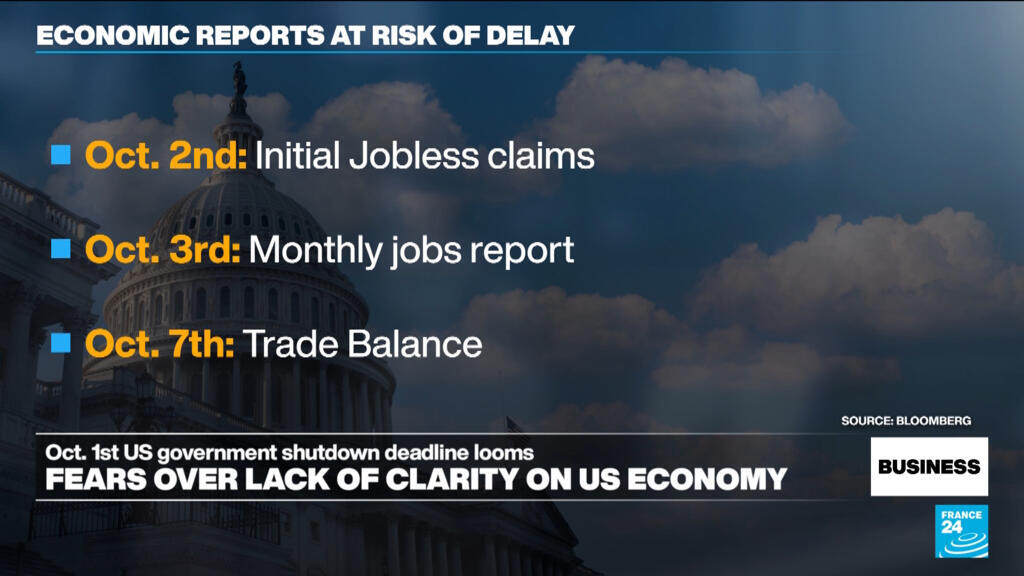From Wakanda to Lagos: Why African Cinema is the Real Hollywood Disruptor
African cinema is no longer an underdog—it’s a global powerhouse. With Nollywood producing more films than Hollywood, and South African directors gaining international recognition, the global film industry is shifting. This article explores how African storytelling is reshaping the entertainment landscape, challenging Hollywood, and commanding worldwide attention.

Hollywood has long dictated what global entertainment looks like, but that’s changing fast. The rise of African cinema—led by Nollywood, South African filmmakers, and international collaborations—is disrupting the industry in ways few predicted. While Hollywood struggles with declining box office numbers, Africa’s film industry is thriving, both in production volume and audience engagement.
Nollywood: The Giant That Won’t Be Ignored
Nigeria’s Nollywood is the world’s second-largest film industry, producing over 2,500 movies annually—far outpacing Hollywood in volume. Its growth is fueled by:
- Low-budget, high-revenue productions that cater directly to African audiences.
- Digital streaming dominance, with platforms like Netflix and Amazon Prime investing heavily in Nollywood originals.
- Strong cultural narratives that resonate with audiences beyond Africa, particularly in the diaspora.
Films like The Wedding Party and Lionheart have shattered records, proving that audiences crave African stories told by African creators.
South Africa’s Global Influence
South African filmmakers are also gaining traction, with major productions like Blood & Water, Queen Sono, and Tsotsi capturing international attention. The country’s state-of-the-art production facilities have attracted major Hollywood projects, but its homegrown talent is what’s truly changing the game.
Hollywood’s African Obsession
Marvel’s Black Panther was a cultural phenomenon, bringing Afrofuturism to mainstream audiences. But while Wakanda may be fictional, Africa’s real cinematic movement is undeniable. Hollywood now actively seeks African directors and actors, from Lupita Nyong’o to Thuso Mbedu.
However, the real question remains: will African cinema maintain creative control, or will Hollywood reshape it to fit its own mold?
The Future: African Cinema on Its Own Terms
With investments pouring in and global demand rising, African filmmakers are at a crossroads. The challenge now is to expand the industry while preserving its authenticity. Initiatives like Nigeria’s film funding programs and South Africa’s growing film festivals show that Africa isn’t just participating in global cinema—it’s leading it.
Hollywood’s days as the ultimate authority in film are numbered. The future of cinema isn’t in Los Angeles; it’s in Lagos, Johannesburg, and beyond.







